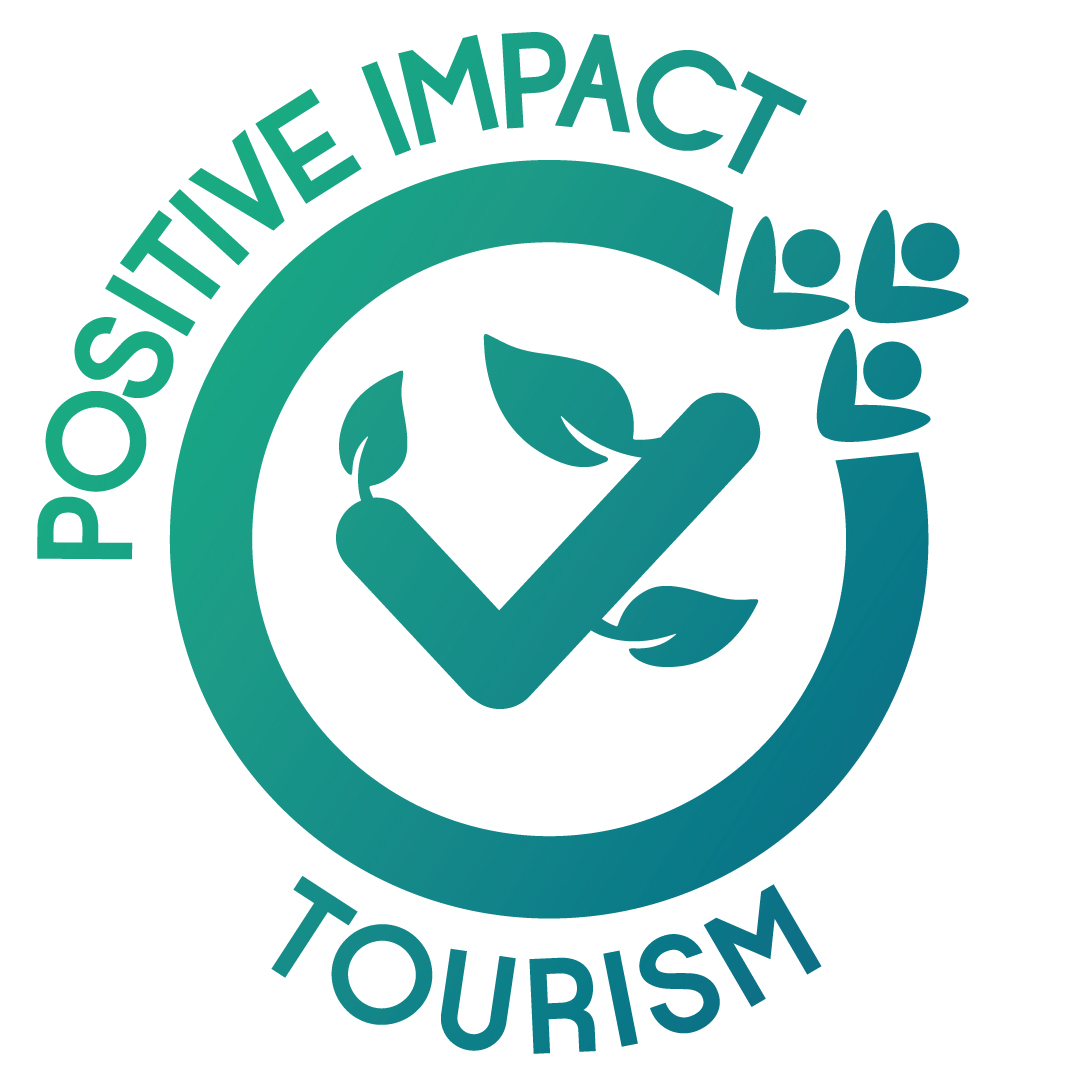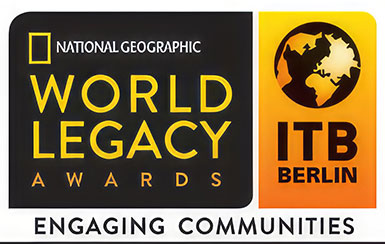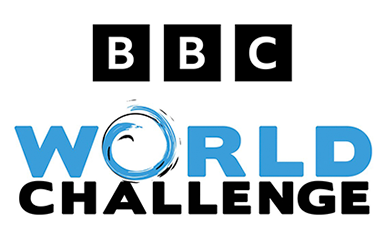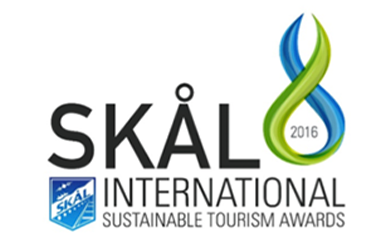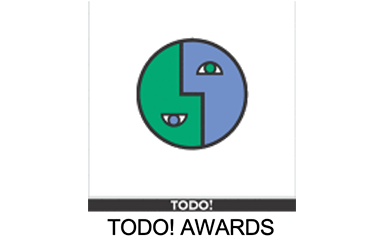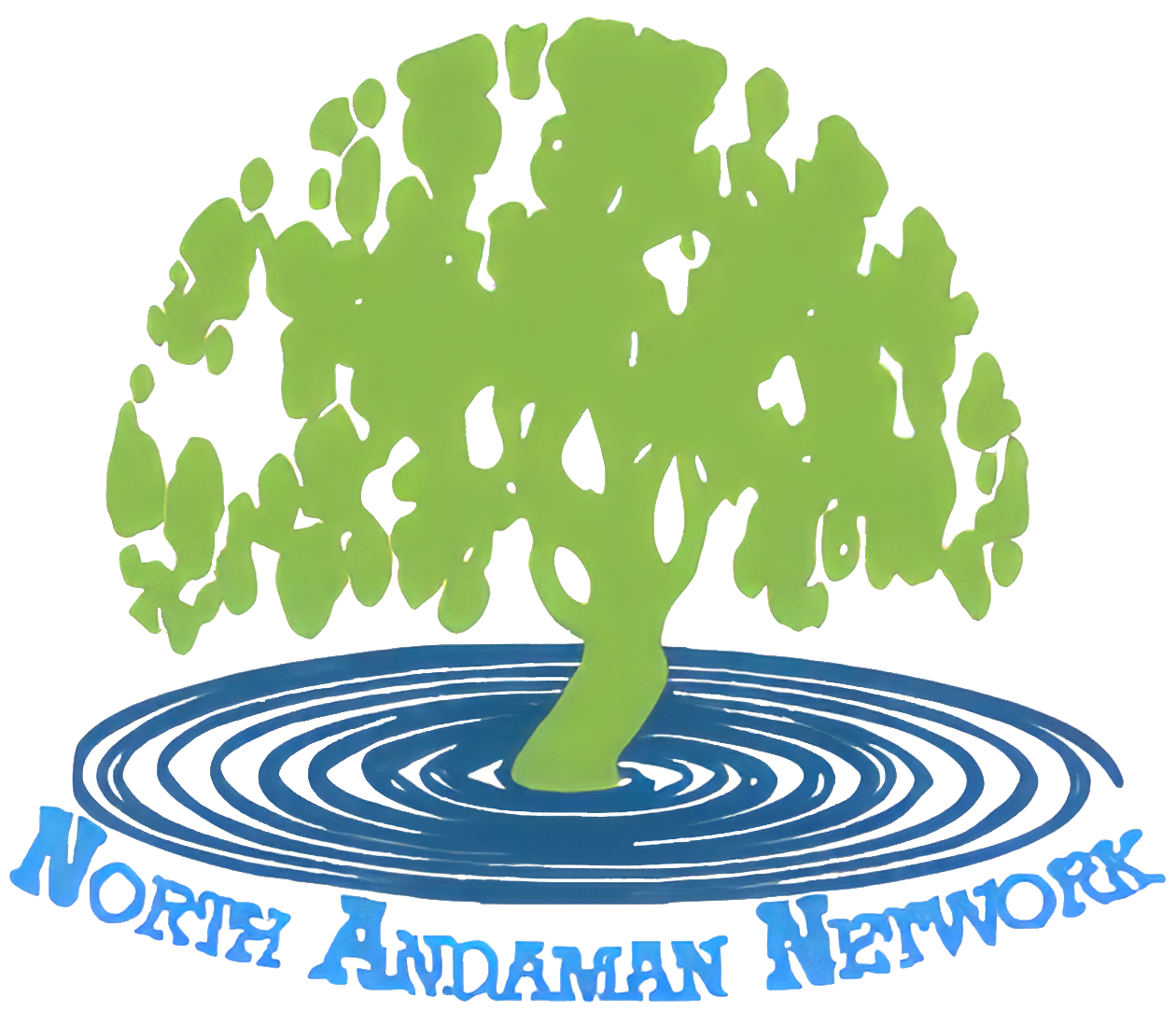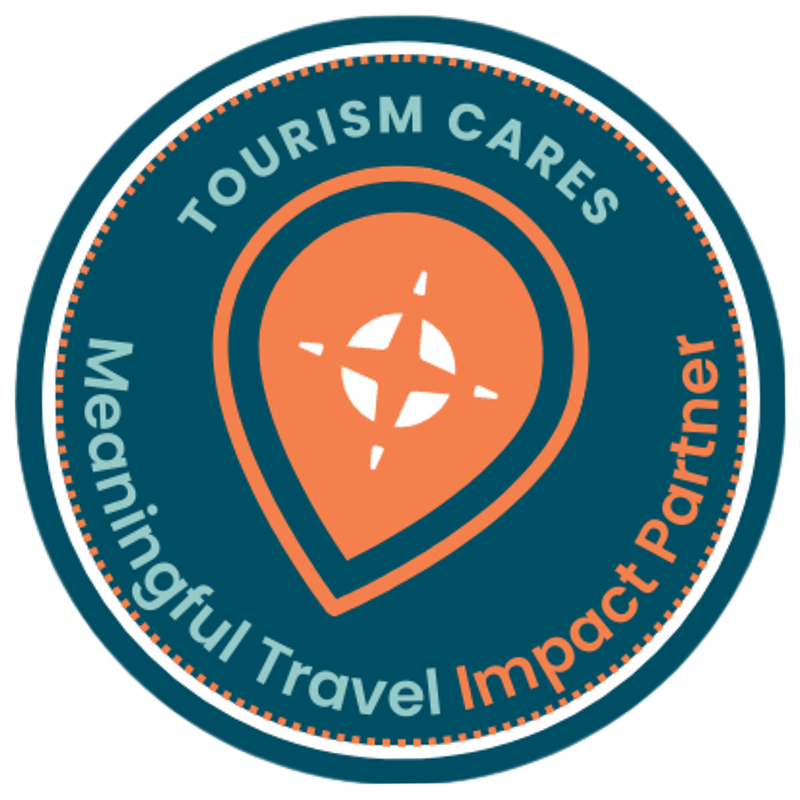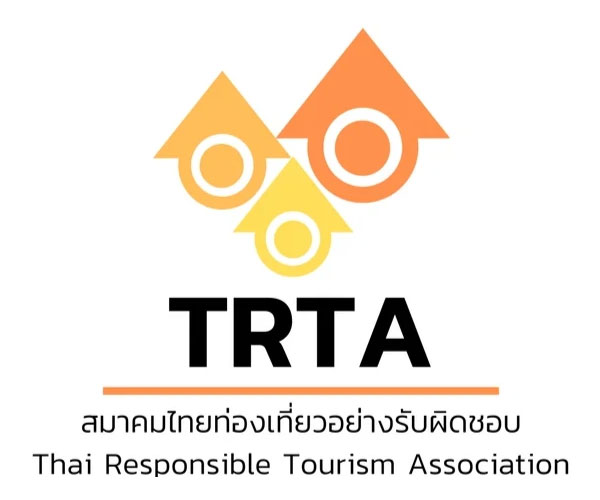UCLA Study Trip
Students Complete Month-Long Study Tour
Students and staff from the University of California at Los Angeles (UCLA) turned Thailand into a classroom for their field study course: “Thailand: Sustainable Communities and Ecosystems.” The course is a community-based, integrated, and social and natural science field research program. Students engage in sustainability research, intercultural activities, and fieldwork. Students used their knowledge to join Thai villagers and organizations in community service.
The study tour was sponsored by the UCLA Institute of the Environment. Professor Michael Silverman was involved at each step of the development and implementation of the program. The dedication of Professor Silverman and the UCLA Institute of the Environment were crucial in the success of the program.
“The thing that I liked the best about this program and AD is that it allowed me to go to places and get involved in activities that I would not have known about otherwise. If I were to come to Thailand on my own, I doubt I’d have ventured too far from the major cities, so this definitely made for a worthwhile and more authentic experience with Thai culture,” said Michelle Honda, UCLA student.
For the final project, students had the opportunity to do their work in different places. Some students spent five days at Ban Lion Village on Koh Phratong Island. The group’s activities included two mangrove study visits, interviews with the locals regarding the opinions and impacts of community-based tourism at Ban Lion, homestay sign preparation, making certificates for the winners of a garden competition, as well as repairing the school-kitchen garden fence.
“University groups benefit from study tours because the students learn firsthand through work that helps ordinary people in their day-to-day lives. They can experience rural culture and practice ways to preserve local lifestyles. Our goal for study tours is to help students give back to the communities and gain knowledge about the importance of responsible tourism and voluntourism,” said Karen Spackman, AD client and community relations manager.
Mimi Cheung, AD program development manager, said, “The students were enthusiastic, collaborative, attentive, and flexible, which allowed all the activities to run smoothly. Having a group of energetic students in the village resulted in the locals’ attitudes being more expressive, appreciative, attentive and proud. For example, the interview allowed the villagers to express their views regarding the outsiders’ input to their village. The villagers had positive opinions towards the CBT-development program. Additionally, the locals learned many lessons from this visit, including improving some of the CBT services provided and on the visitors’ orientation regarding dress code.”
Students also spent three days at Koh Ra Ecolodge. Awe, Study Tour Project Coordinator said, “On Koh Ra, the students did a hornbill and strangler fig count. This type of information has not been recorded before and is essential if we are to know the impact of humans and ecotourism on the island. They also learned how the sea gypsies use medicinal plants and natural resources.”
Thank you to the students and staff of UCLA for completing your course in Thailand — we hope to see you again next year!
Visit the UCLA blog and the UCLA Institute of the Environment Web site, to read more about the UCLA study tour. Also, please feel free to contact us if you’d like to know more about the program.
And special thanks to everyone who collaborated to make the UCLA study tour possible.




